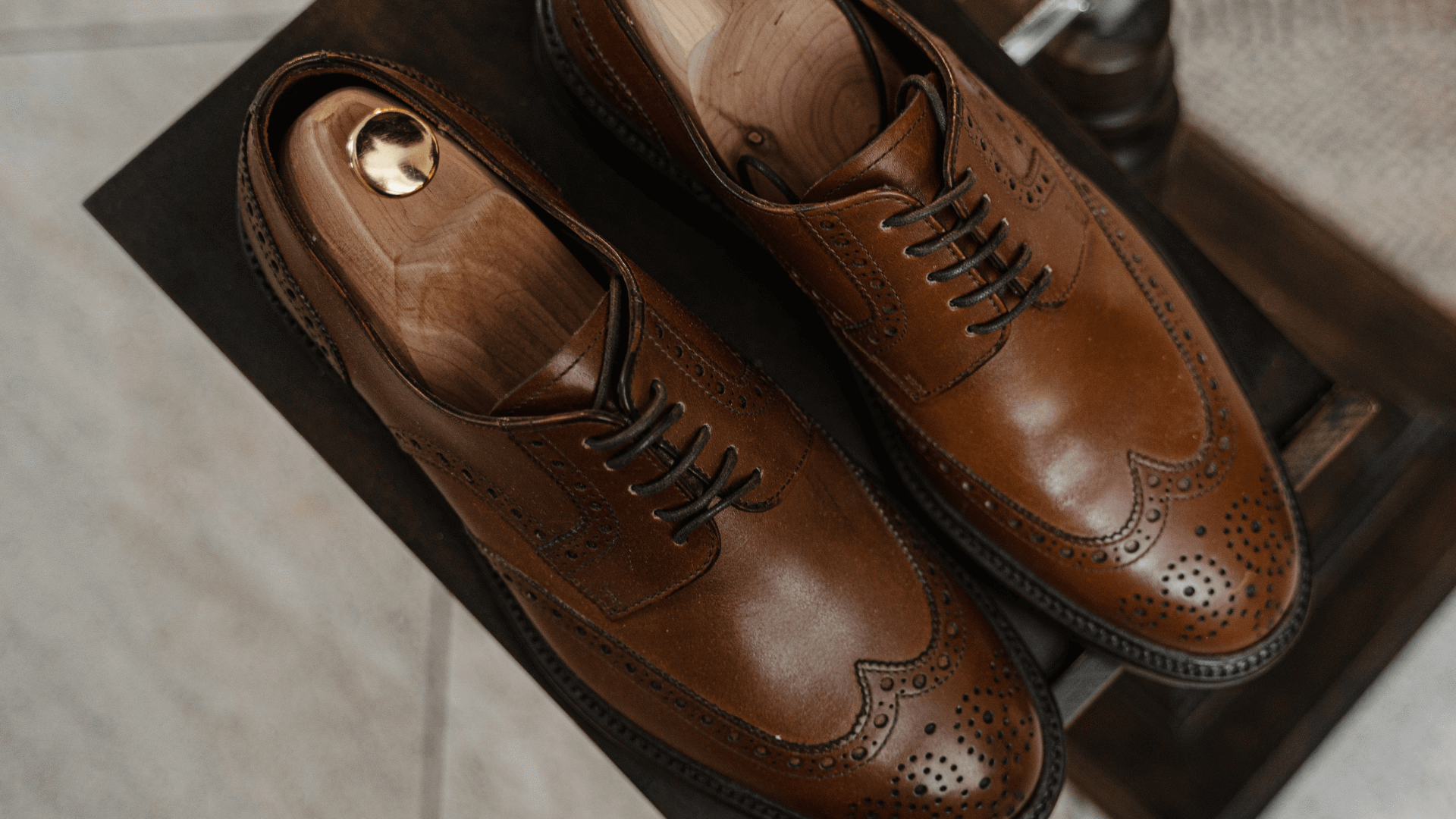A panel discussion co-hosted by Vogue Business and APICCAPS shed light on major changes in the global production landscape, encouraging brands to rethink their manufacturing strategies
On the 4th of June, Vogue Business and the Portuguese Footwear, Components and Leather Goods Manufacturers’ Association (APICCAPS) brought together industry insiders to discuss how brand founders are navigating the current macroeconomic situation, which is characterised by rapid changes to regulations due to US tariff policies.
In this context, all panellists agreed that agility in planning and having a diverse range of production locations is becoming increasingly important in an uncertain trade environment.
The panel comprised Jonathan Cohen, the founder and creative director of his eponymous brand, and Chris Echevarría, the founder and creative director of Blackstock & Weber, both of whom changed their production location in recent years. Also on the discussion were APICCAPS director Paulo Gonçalves and Vogue Business reporter Madeleine Schulz.
For Cohen, the pandemic was the turning point that prompted him to consider producing in more than one location. “Most of our production was done in New York, and we quickly learnt that you can’t have all your eggs in one basket because the world has become extremely unpredictable,” he told Wednesday’s attendees, as quoted by Vogue Business.
Echevarria, who produces in Portugal, has also changed up his production since founding his brand in 2017. “Portugal is much easier to work with, very willing to go the extra mile to get you the things that you need. And they’re just very appreciative of your business. And the prices are fair”.
Paulo Gonçalves emphasised that there is “space in the market for a small player like Portugal, specialising in good products with excellent design and fair prices”. “For that reason, we believe that our moment has arrived. APICCAPS has so far invested 600 million euros in the industry — a sign of confidence”, he said.
The panelists agreed that technology and innovation are key to both price and quality. In line with this, the Portuguese association is leading project FAIST, which brings together 60 partners from universities, technology centres, footwear companies and IT firms. The project aims to develop solutions for footwear production companies, including automation and robotics, to optimise processes and save time and energy.
“It’s one of the reasons international brands are arriving in Portugal”, argues Paulo Gonçalves. “We have the skills, we have the technology, we have the know-how, and the majority of the time, brands with young designers, they have a fresh vision of the market. It’s a win-win strategy”, he highlighted.




